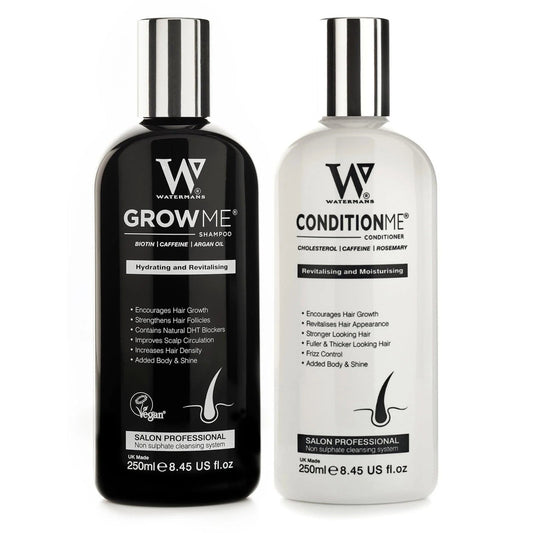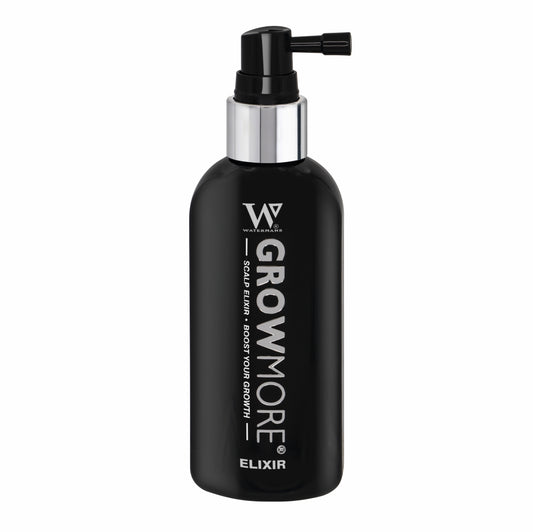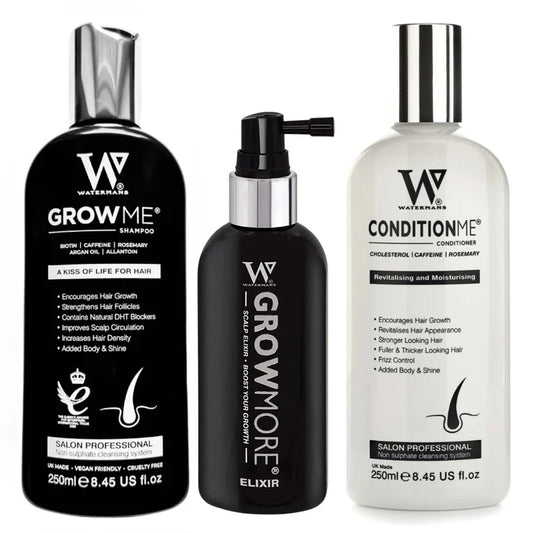Understanding Head Trauma: Causes, Symptoms, and Recovery Strategies for Optimal Brain Health
Share

Head trauma affects millions of people worldwide each year and can range from mild bumps to severe brain injuries. Understanding head trauma, recognizing its symptoms, and adopting effective recovery strategies are key to maintaining optimal brain health. In this comprehensive guide, we explore the complexities of head trauma, how to identify it, and the best ways to support healing and regain strength naturally.
What is Head Trauma?
Head trauma refers to any injury to the scalp, skull, or brain caused by an external force. This injury can damage brain tissue, blood vessels, or nerves, affecting how the brain functions. Head trauma can be classified into two main types:
- Closed head injury: The skull remains intact, but the brain is shaken or struck inside the skull (e.g., concussion).
- Open head injury: The skull is fractured or penetrated, exposing brain tissue (e.g., skull fracture).
Both types can disrupt normal brain activity and may result in immediate or delayed symptoms.
Common Causes of Head Trauma
Understanding how head trauma happens is important for prevention and early intervention. The most frequent causes include:
- Falls: Particularly common in young children and older adults.
- Sports Injuries: Contact sports like football or boxing increase risk.
- Car Accidents: Sudden impact can cause severe head injuries.
- Assaults: Physical violence involving hits to the head.
- Workplace Accidents: Especially in construction or industrial settings.
Monitoring activities that increase head injury risk can help reduce incidents.
Recognizing Symptoms of Head Trauma
Initial symptoms may be subtle or delayed. Watch for this key list of signs to identify head trauma early:
- Mild symptoms: Headache, dizziness, nausea, mild confusion, or fatigue.
- Moderate to severe symptoms: Loss of consciousness, seizures, vomiting, severe headaches, trouble speaking or walking, vision problems, or clear fluid from the nose or ears.
If any symptoms persist or worsen, immediate medical evaluation is essential.
How Head Trauma Affects the Brain
The brain is delicate and protected by the skull, membranes, and fluid, but forceful impacts can still cause injury. Effects include:
- Brain bruising (contusion): Areas of bleeding and swelling.
- Diffuse axonal injury: Damage to the brain’s nerve fibers disrupting communication.
- Hematoma: Blood collecting inside or around the brain, increasing pressure.
- Concussion: Temporary loss of normal brain function following impact.
Long-term effects can involve memory problems, mood changes, and difficulty concentrating.
Diagnosis and Medical Treatment Options
Diagnosing head trauma typically begins with a physical exam and patient history, followed by imaging tests like CT scans or MRIs to detect internal injuries.
Treatment depends on injury severity:
- Mild trauma: Rest and symptom management.
- Moderate to severe trauma: Hospitalization, monitoring brain pressure, possible surgery to relieve pressure or repair fractures.
Early professional care can significantly improve outcomes.
Recovery Strategies for Optimal Brain Health
Recovering from head trauma is a gradual process requiring patience and care. Here are key strategies to support brain healing:
1. Rest and Sleep
The brain needs plenty of rest to repair neural pathways. Avoid strenuous activity until symptoms lessen.
2. Healthy Nutrition
Eating brain-boosting foods rich in antioxidants, vitamins, and minerals supports recovery. Include fruits, vegetables, nuts, and omega-3 fatty acids.
3. Hydration
Proper hydration keeps the brain functioning well during recovery.
4. Avoiding Alcohol and Drugs
These substances slow brain healing and may worsen symptoms.
5. Gentle Physical Activity
After initial rest, light exercise can improve blood flow and aid mental recovery.
The Role of Scalp Care and Hair Health After Head Trauma
People often overlook hair and scalp health during head trauma recovery, but scalp circulation and hair follicle nourishment matter. Good scalp health can help increase blood flow to the head, which supports brain recovery and helps reduce stress. Using natural, gentle hair care products that energize the scalp and promote healthy hair growth is advisable.
If hair thinning or hair loss occurs after head trauma, a natural shampoo like Watermans Grow Me Shampoo can be beneficial. It contains ingredients such as biotin, rosemary, caffeine, niacinamide, argan oil, allantoin, and lupin protein. These nutrients promote scalp health, energize hair follicles, and volumize hair from the roots as a natural, non-medical solution.
How Watermans Grow Me Shampoo Supports Hair and Scalp Health Post-Trauma
Stress and trauma can disrupt normal hair growth cycles, resulting in hair thinning or loss. Watermans Grow Me Shampoo is specifically formulated to nourish and stimulate the scalp gently. Here’s how its key ingredients help:
- Biotin: Strengthens hair shaft and promotes growth.
- Rosemary: Improves circulation and has antioxidant properties.
- Caffeine: Stimulates hair follicles and prevents hair loss.
- Niacinamide (Vitamin B3): Enhances scalp barrier and blood flow.
- Argan Oil: Deep moisturization and nourishment for hair strands.
- Allantoin: Soothes and calms irritated scalp skin.
- Lupin Protein: Helps rebuild hair keratin protein, giving volume.
Using this shampoo regularly can ease scalp discomfort, revitalize follicles, and support healthier hair regrowth after trauma.
Tips to Protect Yourself and Others from Head Trauma
Prevention is critical when it comes to head injuries. Follow these practical tips to reduce risk:
- Wear helmets during biking, skating, or contact sports.
- Install grab bars, non-slip mats at home especially for seniors.
- Use seat belts and car seats properly every ride.
- Avoid risky behaviors that increase falls or accidents.
- Keep active but mindful of safety in exercise routines.
Every small safety step helps protect brain health and overall well-being.
Frequently Asked Questions About Head Trauma
Q1: Can mild head trauma cause long-term problems?
Yes, even mild concussions can result in symptoms lasting weeks or months, known as post-concussion syndrome. Repeated injuries increase risks significantly.
Q2: How soon should you see a doctor after head trauma?
If you experience loss of consciousness, severe headache, repeated vomiting, confusion, or weakness, seek immediate medical help. For mild symptoms, monitoring and a primary care visit within 24-48 hours is wise.
Q3: Is hair loss after head trauma permanent?
Hair loss from trauma-related stress or impact is often temporary and improves when healing is underway. Using supportive scalp care like Watermans Grow Me Shampoo encourages regrowth.
Q4: Will cognitive therapy help recovery after head trauma?
Yes, cognitive therapy and rehabilitation can improve memory, attention, and thinking skills affected by brain injury.
Q5: Are natural remedies safe to use during head trauma recovery?
Most natural remedies that promote scalp health and general wellness, such as gentle shampoos and nutrition, are safe but always check with your doctor.
Q6: How long does recovery take after head trauma?
Recovery varies widely depending on severity but mild injuries can heal in days to weeks, while severe trauma may require months or longer.
Q7: Can you prevent head trauma in children?
Yes, supervising play, using protective gear, and safe environments greatly reduce children’s head injury risk.
Q8: Is it dangerous to use hair products after head trauma?
Using gentle, natural products like Watermans Grow Me Shampoo is safe and beneficial. Avoid harsh chemicals that may irritate the scalp.
Q9: What are signs of serious brain injury?
Loss of consciousness, seizures, vomiting, unequal pupil size, and inability to wake up are serious signs requiring emergency care.
Q10: Does hydration affect brain recovery?
Absolutely, staying well-hydrated supports brain function, reduces headaches, and helps overall recovery.
Did You Know? Interesting Facts About Head Trauma
- Traumatic brain injury (TBI) is often called a “silent epidemic” because many injuries go undiagnosed.
- Children and elderly adults are the most vulnerable groups for head trauma.
- Even a mild concussion can alter brain chemistry for weeks.
- Scalp blood flow increases during healing, so scalp care impacts recovery.
- Natural ingredients like caffeine and rosemary have been scientifically shown to energize hair follicles.
Taking care of your brain and scalp in the aftermath of head trauma is essential for lasting health. For those experiencing hair thinning or scalp discomfort post-injury, consider trying Watermans Grow Me Shampoo – a trusted, natural formula designed to boost scalp energy, support healthy hair growth, and help you put your best head forward naturally.
By understanding head trauma causes, symptoms, and recovery measures, you can protect your brain and maintain vibrant, healthy hair for years to come.



